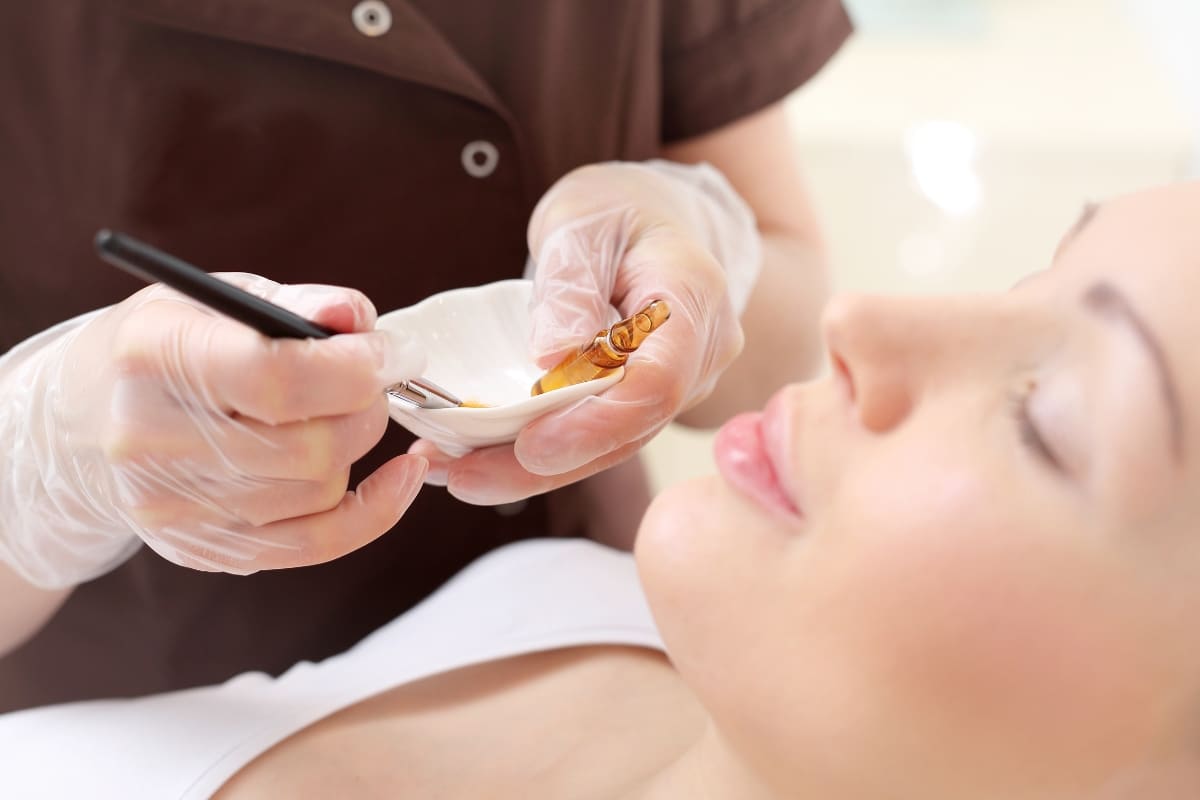Preventing Dental Emergencies: Simple Steps to Take
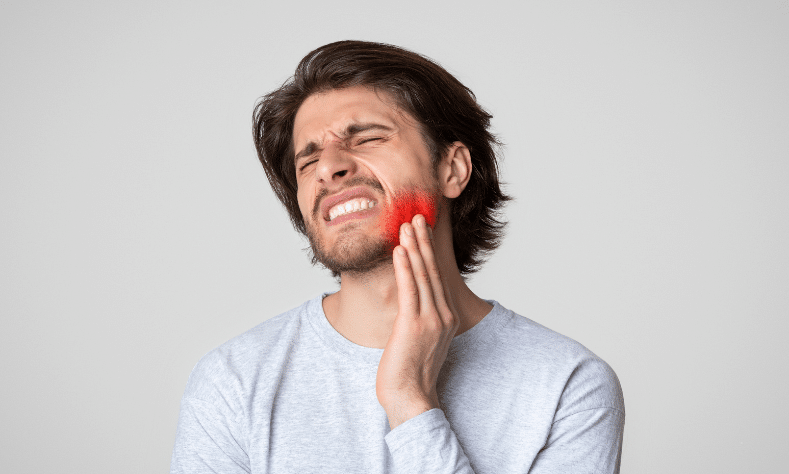
Dental emergencies can happen anytime, often when we least expect them. Whether it’s a chipped tooth, a painful toothache, or a knocked-out tooth, these situations can cause significant stress and discomfort. Fortunately, many dental emergencies are preventable with proper precautions. You can protect your teeth and gums by taking a few simple steps, reducing the need to visit an emergency dentist. Here are some easy ways to prevent dental emergencies.
Practice Good Oral Hygiene
One of the most important things you can do to prevent dental emergencies is to maintain excellent oral hygiene. Brushing your teeth twice daily with fluoride toothpaste and flossing once a day helps remove plaque and food particles. This reduces the risk of cavities and gum disease, leading to painful dental problems and needing an emergency dentist in Havertown.
Additionally, regular use of mouthwash can help kill bacteria and freshen your breath. Consistent oral hygiene also enables you to identify potential issues early, such as loose fillings or cracked teeth, before they become emergencies.
Wear a Mouthguard During Sports
Sports-related injuries are one of the most common causes of dental emergencies. Whether you play basketball, soccer, or any other contact sport, a blow to the mouth can easily result in chipped teeth, cracked teeth, or even tooth loss. To protect your smile, wearing a mouthguard is essential.
Mouthguards are designed to absorb impact and cushion your teeth, reducing the likelihood of injury. Custom-fit mouthguards from your dentist offer a more comfortable and secure fit than store-bought options. If you or your child is involved in sports, invest in a high-quality mouthguard to minimize the risk of dental trauma.
Avoid Chewing Hard Objects
Many people unknowingly put their teeth at risk by chewing on hard objects. Ice cubes, pens, pencils, or hard candy can cause teeth to crack or chip. Even opening packages with your teeth can lead to an unexpected dental emergency.
To protect your teeth, avoid chewing on anything other than food. If you’re tempted to chew ice, try switching to soft drinks that don’t contain ice or find alternative ways to cool down. By making this small change, you’ll significantly reduce the risk of cracking a tooth.
Be Careful with Sticky or Sugary Foods
Sticky foods like caramel, taffy, or gummy candies can quickly get stuck between teeth, increasing the risk of cavities. Over time, sugar in these foods can cause tooth decay and damage. Additionally, sticky foods can pull out fillings or crowns, creating a potential need to visit an emergency dentist.
To minimize this risk, limit the consumption of sugary snacks. When you do indulge, be sure to brush your teeth afterward to remove any food particles. If you have fillings or crowns, be especially cautious with sticky treats that could loosen or damage them.
Visit Your Dentist Regularly
Regular dental checkups are key to preventing dental emergencies. Your dentist can detect early signs of problems such as cavities, gum disease, or worn-down teeth. Catching issues early can prevent them from escalating into painful emergencies that require immediate treatment.
During your visit, your emergency dentist may also check your bite, fillings, and restorations, ensuring everything is in good condition. If you’re due for a dental cleaning, schedule an appointment as soon as possible. Regular cleanings remove plaque and tartar buildup, which can lead to cavities and other dental issues if left untreated.
Use Proper Nutrition for Healthy Teeth
Eating a balanced diet is not only good for your overall health—it’s also vital for your dental well-being. A calcium, vitamin D and phosphorus-rich diet supports strong teeth and bones. Dairy products, leafy greens, and fortified foods are excellent sources of these nutrients.
Additionally, drinking plenty of water helps wash away food particles and bacteria that can contribute to cavities. A healthy diet helps keep your gums and teeth strong, making them less prone to injury or decay.
Prevent Dental Emergencies with Simple Habits
Preventing dental emergencies is easier than you think. Maintaining good oral hygiene, wearing a mouthguard during sports, avoiding hard objects, and eating a balanced diet can significantly reduce the risk of unexpected dental issues. Regular visits to your emergency dentist for checkups and cleanings ensure that potential problems are detected early, minimizing the need for emergency care. Today’s simple steps can protect your smile and help you avoid painful dental issues.
Recent Posts
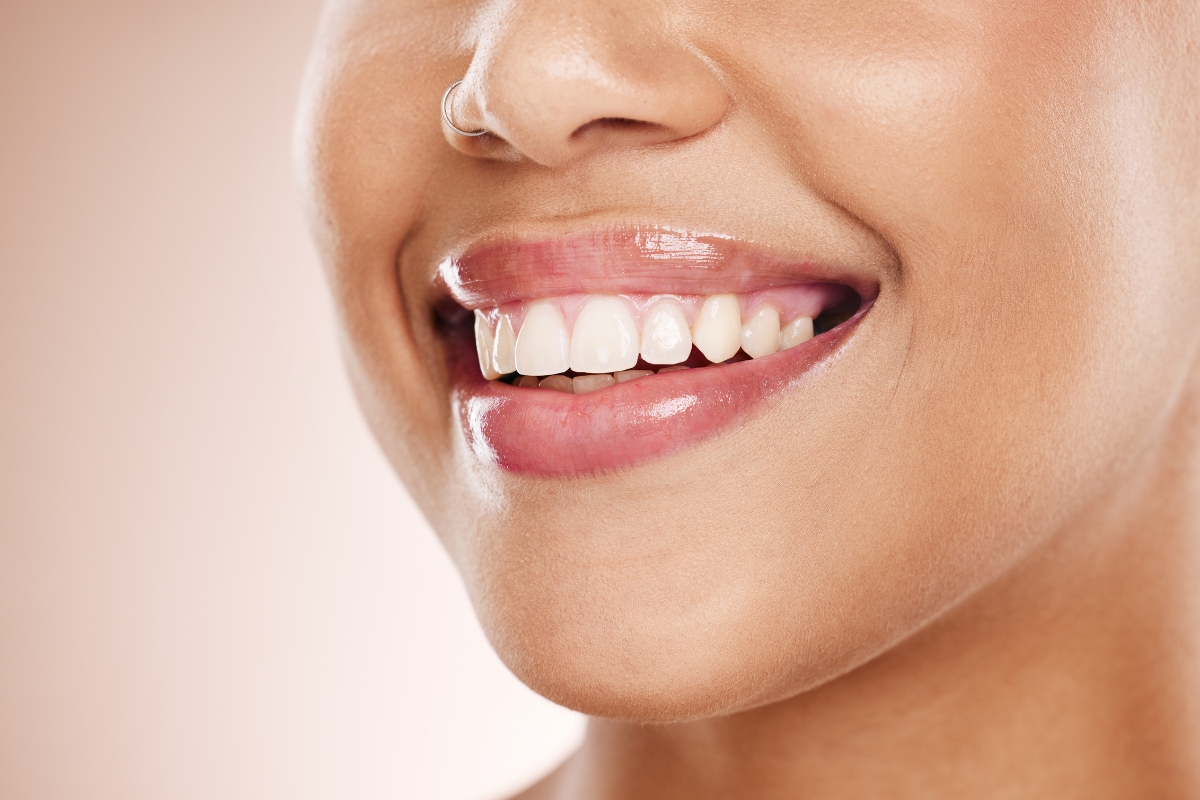
Why Won’t My Teeth Stay White? Dr. Maconi on Maintenance for Havertown Residents
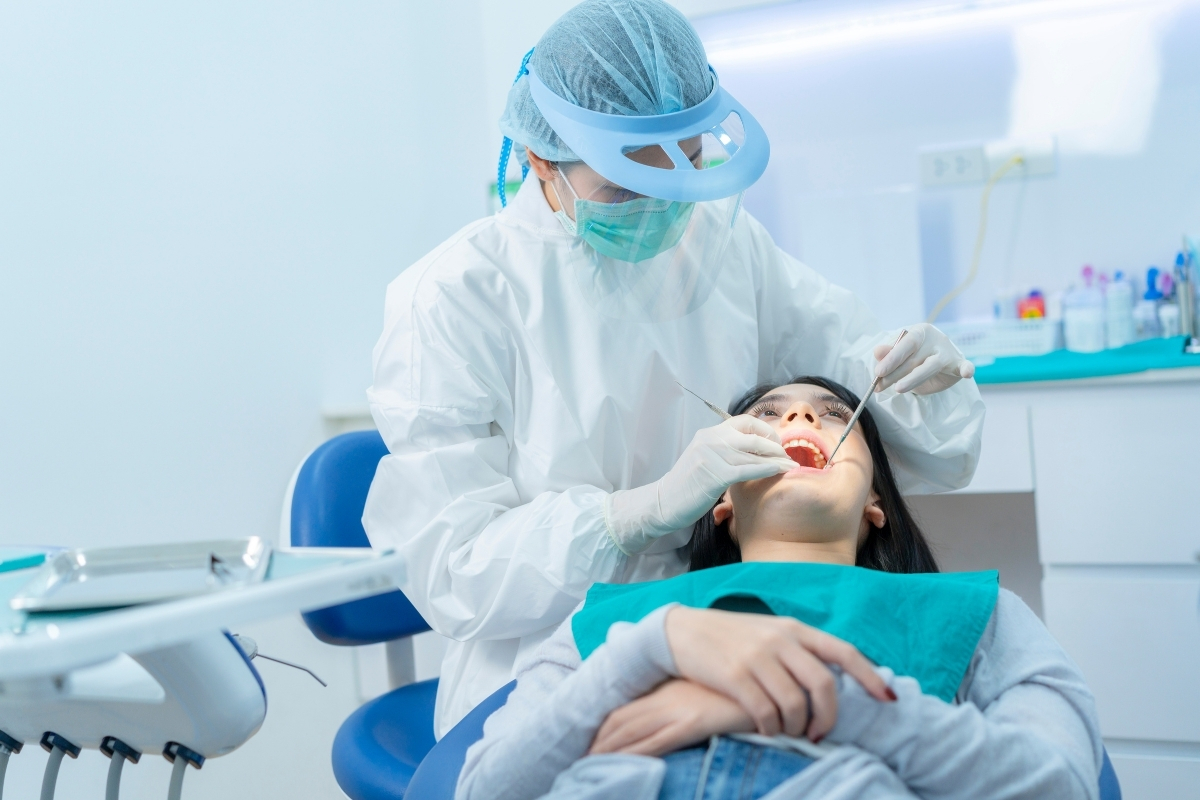
What Happens if You Delay Filling a Cavity? Dr. Maconi on Preventing Root Canals

What Home Care Tips Can Help Relieve TMD Discomfort in Havertown?
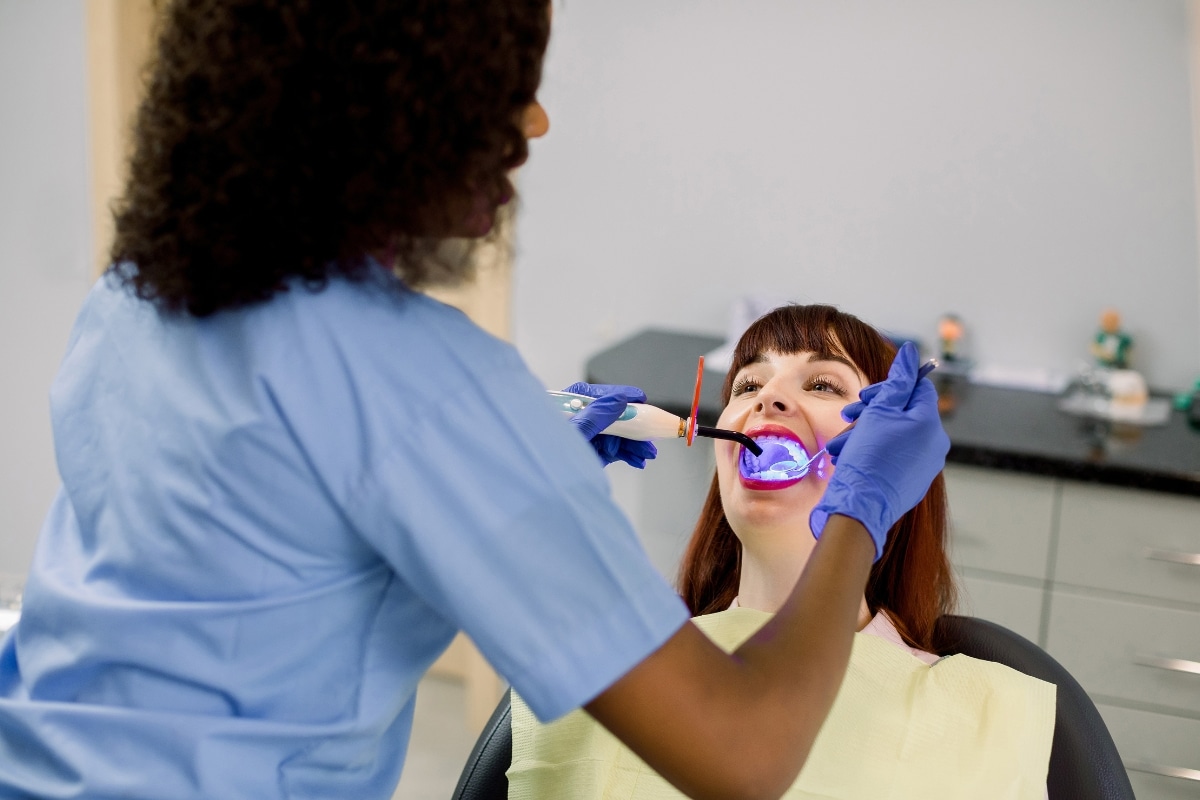
Minimizing Sensitivity: Why Professional Teeth Whitening Treatment is Safer Than DIY Kits
